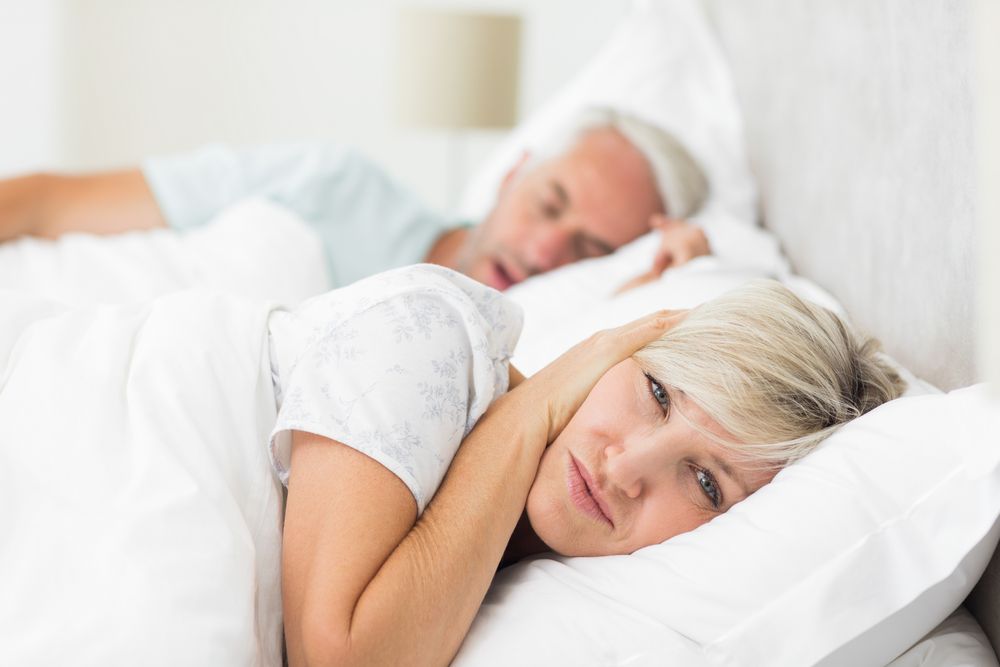Symptoms of Sleep Apnea
If a person suffers from sleep apnea, their breathing is obstructed while they sleep, and they will wake frequently throughout the night. Although sleep apnea may result in a range of symptoms, many people are unaware that they suffer from this condition. Unless a person is aware of the possible symptoms of sleep apnea, it can go undiagnosed for years. Dr. Sharon Mateja discusses symptoms of sleep apnea with her Rancho Cucamonga, CA, patients and offers sleep apnea assessments for those who suspect they are suffering from the condition. With an appropriate diagnosis, sleep apnea treatment can open up a patient’s airways so they can breathe properly through the night and get the uninterrupted sleep that the body needs.

Fatigue
Fatigue is the most common symptom of sleep apnea. When a person suffers from sleep apnea, they stop breathing frequently throughout the night. When breathing stops, the body wakes itself so that the brain can get the oxygen it needs. These periods of wakefulness are often very short, and most people don’t even remember that they woke up several times during the night. While the amount of time that sleep apnea keeps a person awake may not be very long, it does interfere with the quality of a person’s sleep. Those with sleep apnea often do not reach REM, which is the deepest level of sleep. As a result, people with sleep apnea often feel worn down, tired, and unrested. If a person believes that they got a full night’s sleep, but consistently battles with fatigue, they may be suffering from sleep apnea.
Snoring
Not all people who snore suffer from sleep apnea. However, excessive snoring is a common symptom of sleep apnea. Specifically, snoring tends to affect those suffering from obstructive sleep apnea, which is caused by the obstruction of the airways. If there is too much tissue in the airways, or if the muscles in the airways become too relaxed when a person sleeps, the airways can constrict, making it more difficult for air to pass through. Snoring is often the result of air traveling through a narrow airway.
Dry Mouth or Throat
Many people who suffer from sleep apnea tend to breathe through their mouth while they sleep. When the body is short of breath, it is natural to take in air through the mouth rather than the nose, since they can take in more air this way. Over time, mouth breathing can cause the mouth and throat to feel very dry. If a person feels constantly parched or frequently wakes with a dry, sore feeling in the throat, they should mention it to their dentist or doctor so they can be evaluated for sleep apnea.
Frequent Headaches
Individuals with sleep apnea tend to suffer from headaches more frequently than others. There are two reasons that headaches can develop in those with sleep apnea. The first is a simple lack of sleep. When the body is not well-rested, headaches are more likely to occur. The second reason is a general lack of oxygen to the brain. When the body stops breathing, the brain does not receive the amount of oxygen it should. Low oxygen levels cause the blood vessels to widen, which can cause vascular headaches.
Contact Us
If you are suffering from any of the potential symptoms of sleep apnea, it is important to set up a sleep apnea assessment as soon as possible. Contact us at your earliest convenience to learn more about the sleep apnea services offered by Dr. Sharon Mateja. With proper treatment, we can ease the symptoms of sleep apnea so that your body gets the rest it needs. We look forward to hearing from you!
